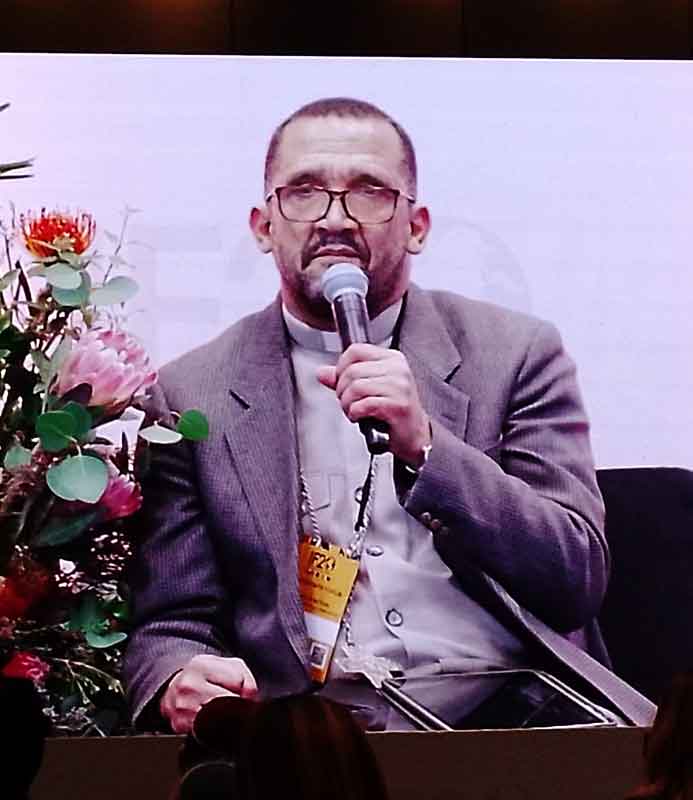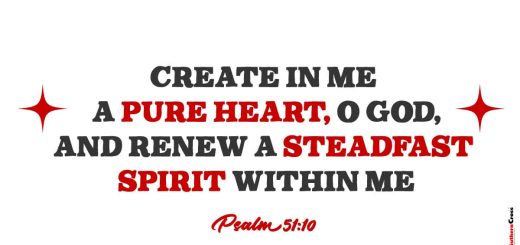From Words to Witness: Bishop Sipuka’s Call to Action at the G20 Interfaith Forum
Religious leaders from across the globe gathered in Cape Town for the G20 Interfaith Forum (IF20) under the theme Ubuntu in Action: Focus on Vulnerable Communities.
In a statement shared with the Southern African Catholic Bishops’ Conference (SACBC), Bishop SithembeleAnton Sipuka in his capacity as the President of the South African Council of Churches (SACC), spoke of Ubuntu “not just as philosophy, but as prophecy,” calling for it to be embraced as a mandate for “active responsibility for one another’s dignity.”
He commended the unity displayed among Christians, Muslims, Jews, Hindus, Buddhists, traditional African spiritualists, and other traditions present, quoting an African proverb: “If you want to go fast, go alone. If you want to go far, go together.”
However, his words carried a candid challenge to religious leaders. “Too often, we who claim to serve the God of the poor are viewed with suspicion by those very poor,” he said, warning that proximity to political power can make faith leaders “complicit in systems that perpetuate injustice.” He lamented situations where leaders live in comfort while communities suffer and urged greater transparency within faith institutions themselves.
Established in 2014, the G20 Interfaith Forum serves as a platform where faith leaders, scholars, and policymakers provide ethical perspectives to inform the G20 Leaders’ Summit. Over the years, the forum has addressed pressing issues such as climate change, migration, economic justice, and peacebuilding, consistently urging that global decision-making reflect moral and spiritual imperatives.
The SACBC has also engaged with G20-related advocacy, notably through the Cape Town Declaration on Global Justice and Solidarity issued in July 2025, which called for systemic reforms in areas such as climate action, development financing, and debt cancellation.
According to Bishop Sipuka, such initiatives demand more than formal statements: “The poor are tired of our calls. The poor are hungry for our commitment.” Throughout his address, the Bishop of Mthatha Diocese identified key areas requiring urgent interfaith cooperation, including food security, economic justice, education, migration, and climate action.
He urged the revival of traditional farming wisdom, the establishment of community gardens, the creation of agricultural value chains, and the adoption of renewable energy, framing these as sacred duties. He called for interfaith educational partnerships that cultivate literacy, social intelligence, and mutual respect, warning against “devastating wars fought in the name of religion.”
Quoting Pope Francis’ call for pastors to have “the smell of the sheep,” Bishop Sipuka encouraged leaders to spend more time with the marginalised than with the politically powerful.
Bishop Sipuka’s final appeal was for an “Ubuntu Covenant” — a shared pledge among faiths to embody transparency, service to the marginalised, accountability, prophetic courage, and systemic transformation. “The vulnerable communities we claim to serve are not objects of our charity—they are the measure of our authenticity,” he said.
As the forum closed, Bishop Sipuka reminded participants that the world will judge the Cape Town gathering not by the eloquence of its speeches but by the actions that follow.
“The world is waiting, the poor are watching, and God is calling,” he said. “Ubuntu. Let us act because we are, and others shall be — not because we have called, but because we have acted.”
- SACBC Christmas Message 2025 - December 18, 2025
- How the Church Helps Shape Young Catholics - November 14, 2025
- From Words to Witness: Bishop Sipuka’s Call to Action at the G20 Interfaith Forum - August 17, 2025





